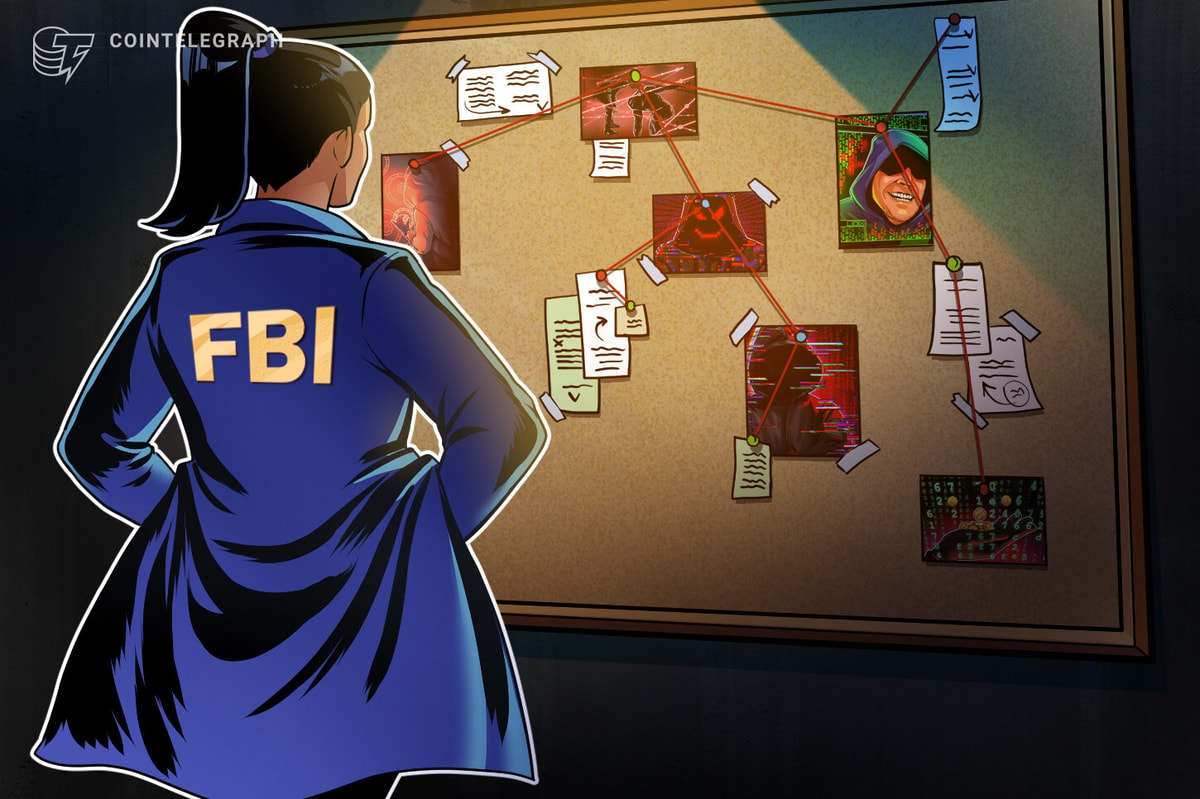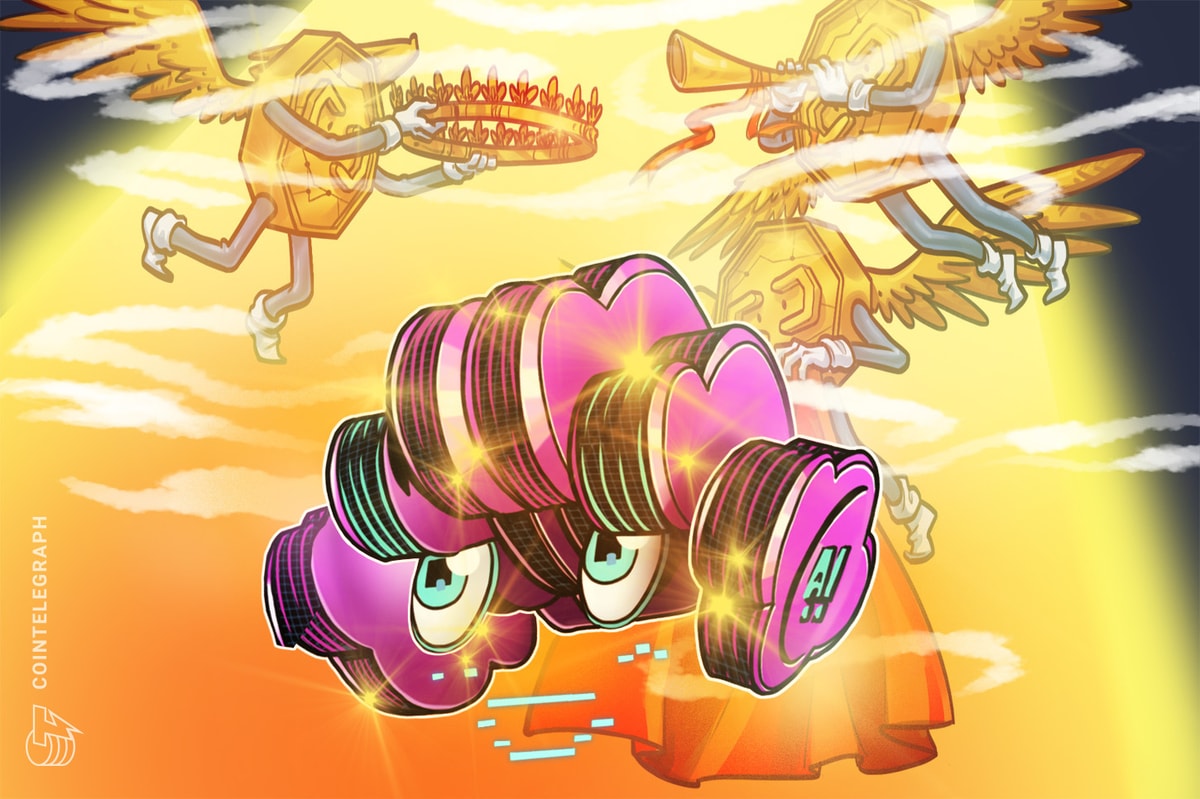Wizards of the Coast, publisher of the popular Dungeons & Dragons roleplaying game and Magic: The Gathering collectible card game, can’t seem to get out of its own way when it comes to experimenting with artificial intelligence (AI) generated art.
Meanwhile, IBM is taking a different approach to soliciting user feedback: a good old-fashioned survey, discovering “widespread discontent in retail experiences” and significant consumer interest in AI solutions for retail.
AI isn’t Magic
After fans recently accused Wizards of the Coast of passing off AI-generated art as human work in a recent advertisement for its Magic: The Gathering game, the company denied doing so.
Recently the company behind Magic: The Gathering — which employs legions of fantasy artists — pledged not to use AI art in the card game. But they now seem to have done so in an *ad.*
— Ames Grawert ☃️ (@AmesCG) January 7, 2024
It’s not going over well, providing an interesting insight into how customers perceive AI art. pic.twitter.com/3lB5rK2eRO
Upon further reflection, the company admitted that the art had been generated by AI:
Well, we made a mistake earlier when we said that a marketing image we posted was not created using AI. Read on for more. (1/5)
— Magic: The Gathering (@wizards_magic) January 7, 2024
The company maintains that it didn’t intentionally use AI-generated art, tweeting that its inclusion was the fault of a vendor:
“It looks like some AI components that are now popping up in industry standard tools like Photoshop crept into our marketing creative, even if a human did the work to create the overall image.”
This latest faux pas comes after a previous clamor over the company's use of AI to generate art for a Dungeons & Dragons sourcebook.
It remains to be seen how fans will interpret this turnabout, but the current general sentiment on social media appears negative:
Maybe you don't understand how image generation or Photoshop works, but it's obvious from looking at it that the entire background is generated and the cards are photoshopped in with shadows and reflections. It's not like they just happened to use magic erase on a few areas.
— Táras (@desktopmetaphor) January 7, 2024
AI-generated art has become a mainstay on social media, and countless businesses have begun experimenting with it to varying degrees of success. The difficult part for many businesses has been honest disclosure.
"created by humans" Right... pic.twitter.com/gf9TUXWSPA
— TaylorGreen (@GreenSkyDragon) January 5, 2024
Consumers still want artificial intelligence
While gaming fans may not be ready to embrace AI art without a healthy disclaimer, new research from IBM shows that the average consumer has had enough of the status quo when it comes to the retail experience.
The tech giant surveyed more than 20,000 global consumers in its third annual consumer survey. Few people are happy with the way things are, technologically speaking:
“Only 9% of respondents say they are satisfied with the in-store shopping experience; only 14% say the same for online shopping.”
Over half of the respondents indicated that they were excited for AI technologies such as virtual assistants and other AI applications to be implemented into their shopping experience. And a majority (80%) of those who hadn’t tried AI-powered retail experiences indicated they were eager to do so.
Related: Mount Sinai medical researchers claim ChatGPT is ready to practice medicine











